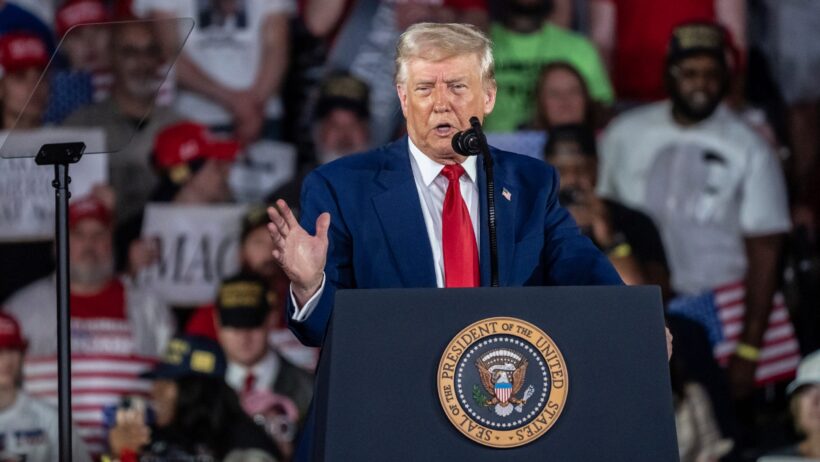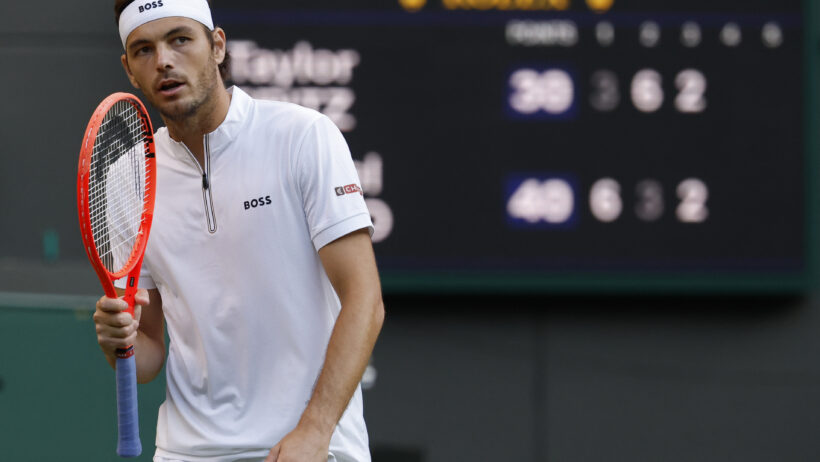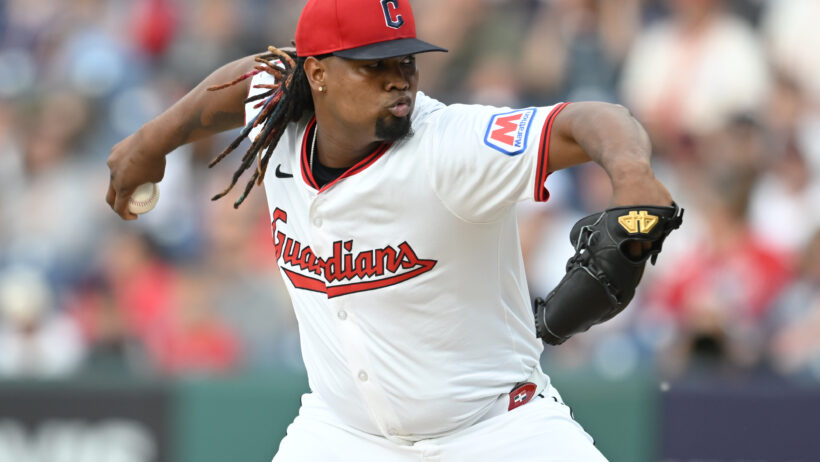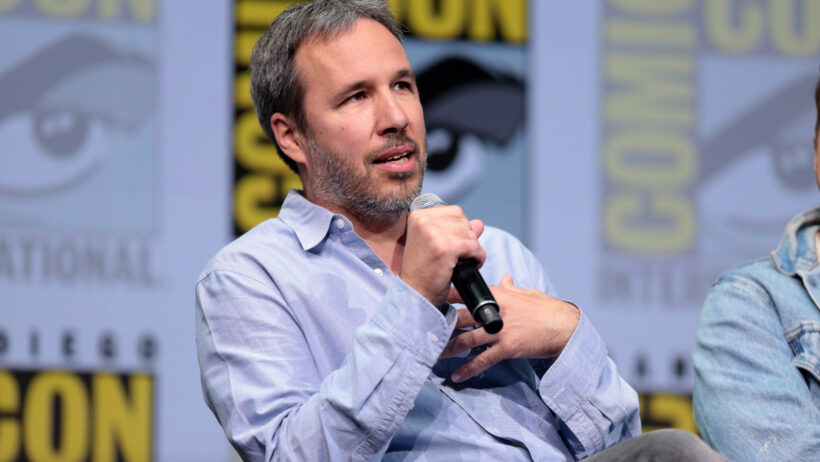NBA All-Star Weekend Betting
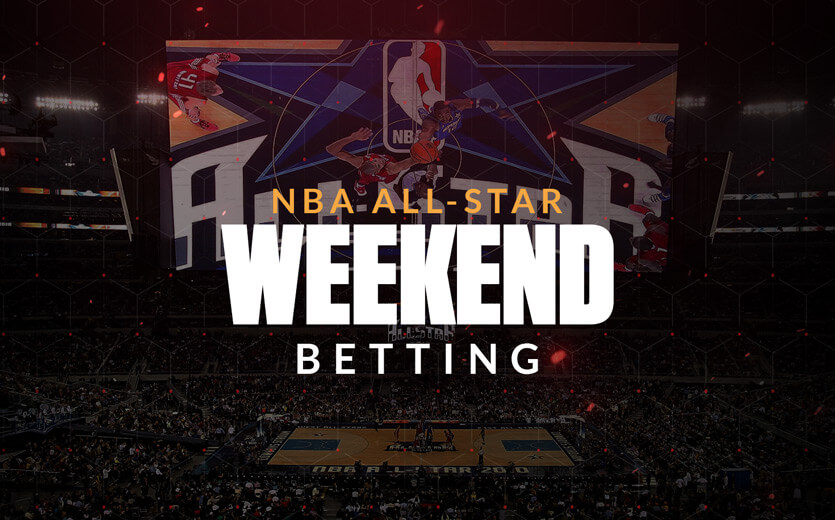
Few events on the NBA calendar generate more excitement among fans and bettors alike than All-Star Weekend.
An annual tradition since 1951, the league’s midseason showcase has grown from a single exhibition game into a can’t-miss event featuring skills contests, concerts, celebrity games, and Hall of Fame announcements. At any given moment, you’re likely to see Justin Bieber posting up Kevin Hart, Beyonce belting out “Crazy in Love,” or Kevin Durant chatting amicably with Bill Russell.
The All-Star Game is still the weekend’s biggest attraction, but the Rising Stars Challenge, Skills Challenge, Three-Point Contest, and Slam Dunk Competition routinely produce some of the most memorable moments. Ask any true fan and they’ll tell you exactly where they were when Larry Bird won the three-point shootout without even removing his warm-up jacket or how they felt when they witnessed Michael Jordan taking off from the free-throw line.
Sportsbooks have recently begun cashing in on the excitement of All-Star Weekend by allowing fans to bet on the various events. Here’s the lowdown on precisely what you can wager on, along with key tips to keep in mind before laying down your hard-earned cash.
Note: NBA All-Star 2021 will feature the game and skills competitions on one night for the first time. The NBA and the National Basketball Player’s Association are committing more than $3 million toward Historically Black Colleges and Universities (HBCUs) to provide support and awareness around equity and access to COVID-19 relief and vaccines.
NBA All-Star Game
How It Works: Beginning in 2018, the format of the NBA All-Star game changed to a competition between two squads drafted by the most popular player from each conference. Rather than East vs West, we now see fun matchups such as the “Team LeBron vs Team Giannis” games of 2019 and 2020.
The NBA also introduced a new competitive format in 2020 that pits the two teams against each other on a quarter-by-quarter basis. Each quarter is a mini-game with a distinct winner earning prize money towards charity.
An overall NBA All-Star Game winner is crowned after a unique conclusion to the game honoring the late Kobe Bryant.
| NBA All-Star Game Current Format | NBA All-Star Game Previous Format |
|---|---|
|
|
NBA All-Star 2021 will see Team LeBron face off against Team Durant, although Kevin Durant himself will not play due to a hamstring injury. Say Team Durant scores 100 points to Team LeBron’s 95 during quarters 1 – 3. The final target score would be 124, calculated by taking the higher cumulative total (100) and adding 24. The NBA All-Star winner would be the first team to reach 124 points.
With this example, Team Durant would need to score 24 points to reach the final target score and emerge victorious, whereas Team LeBron would require 29.
As such, each team’s cumulative total score during quarters 1 – 3 does affect their chances of overall victory even though quarters 1-3 are also scored individually.
How to Bet: The 2021 NBA All-Star format has unique options for bettors thanks to the smaller “games within the game.” Expect to see odds on both each individual quarter and entire game when logging in to your NBA betting site of choice.
Moneyline, Point Spread, and Totals: Bet the Full Game or Quarter by Quarter
You’ll have the option to pick Team Durant or Team LeBron on the moneyline or point spread to win each quarter or to take the game overall.
Total scores will also be set for each quarter and the complete game, allowing you to take the over or under on each of the mini-games or the total cumulative score.
Don’t Miss Out on Props
As an exhibition game, the All-Star game is also an excellent opportunity for wagering on props. In addition to a range of player-specific options, keep your eyes out for lines on which player and team will be first to score each quarter.
Predicting the number of points needed to win the game (the ‘Final Target Score’) should also be an interesting prop offering. Remember that you’ll need to predict the cumulative score of the leading team only after three quarters and add 24 to reach this number.
Unique Considerations: The NBA All-Star game has always been a fast-paced and high-scoring affair. The 2019 edition saw a staggering 342 points on the board, compared to an average 211 scored during regular-season games that season.
The current format should only serve to up the intensity as the scoreboard resets at the end of each quarter. Keep this frenetic pace in mind when handicapping both totals and point spread lines on either a quarterly or game-long basis.
Focusing on betting each quarter individually is one way to reduce the unpredictability of what’s certain to be a volatile game. This is particularly true if you can take advantage of live wagering.
For example, one side could hit back with a vengeance after a particularly rough quarter. A hugely successful first and second quarter might lead one team to lay off a bit in the third as they save energy for the fourth quarter race to the target score.
The 2021 lineup is full of talent and features perennial All-Stars as well as four players who are making their All-Star debuts. With stacked rosters of athletes that don’t usually play on the same team, it can be challenging to handicap the competition.
Examine each roster without losing sight of the fact that the game is more or less a toss-up in terms of talent. That doesn’t mean you should necessarily expect things to be close – the past six games have been decided by total margins ranging from 2 -26 points.
At the end of the day, it’s important to remember that the All-Star Game is an exhibition with no bearing on the rest of the NBA season. It’s more entertainment than legitimate competition, and players are more interested in putting on a good show than putting in a winning performance.
The NBA All-Star Game may not be the best game to find an edge over your sportsbook, but it is a good opportunity to take on some fun props around the league’s best.
Why the Format Matters: Don’t be alarmed by higher totals for the first three quarters or the overall game compared to regular NBA games. The average total score over the past five All-Star Games was 338 points (84.5 points per quarter).
That said, we’re dealing with a format that inherently limits the number of points scored in the fourth quarter. Bettors should expect a lower total than in most previous All-Star games as a result.
Considering that the leading team will need to tally just 24 points during Q4 to seal the game, a fourth-quarter total of 85 points would require the trailing team face a large deficit in the cumulative score following quarter three and make a solid comeback effort at the end of the game.
When betting on the complete game, remember that the cumulative score from all quarters does count towards the fourth-quarter result. Expect the scoring frenzy likely to characterize the entire All-Star Game to accelerate during a shortened fourth quarter, but otherwise approach complete game wagers as you would regular season NBA games.
All-Star MVP
How It Works: Each year, a select group of media cast their votes for the All-Star Game’s Most Valuable Player immediately following the conclusion of the game. It’s worth noting that this award differs from the overall NBA MVP Award granted at the season’s end, and voters are supposed to consider only the impact each player has on the All-Star Game itself.
How to Bet: Selecting just one MVP from such a star-studded group can be a challenge, but there are a few things to keep in mind. More often than not, the MVP is usually the top scorer on the winning team, they’re almost always a starter, and they’re typically a ballhandler. Since 1990, the award has been won by 18 guards, 11 forwards, and four centers.
More often than not, the MVP is usually the top scorer on the winning team, they’re almost always a starter, and they’re typically a ballhandler.
Unique Considerations: There’s also a certain amount of bias that goes into selecting the game’s top player. Since 1987, a hometown player has won All-Star Game MVP seven times.
| Year | Location | Player | Team |
|---|---|---|---|
| 1987 | Seattle | Tom Chambers | SuperSonics |
| 1988 | Chicago | Michael Jordan | Bulls |
| 1993 | Salt Lake City | Karl Malone and John Stockton | Jazz |
| 2004 | Los Angeles | Shaquille O’Neal | Lakers |
| 2009 | Phoenix | Shaquille O’Neal | Suns |
| 2011 | Los Angeles | Kobe Bryant | Lakers |
| 2017 | New Orleans | Anthony Davis | Pelicans |
NBA All-Star Contests
In addition to the All-Star game itself, the NBA hosts a few other contests during All-Star Weekend, including the Slam Dunk Contest, the Three-Point Challenge, and the Skills Challenge. This is where you’ll get to see basketball stars show off their skills and athleticism outside of a regular game format.
In 2021, the fields for these contests are slightly smaller than usual out of an abundance of caution. In order to limit the number of extra players joining the NBA All-Star festivities in Atlanta, the league is only bringing in four additional players who are not involved in the main game.
It is highly unusual to have almost all of the skills contestants be All-Stars, as these side competitions are usually a way for the NBA to involve more players and make sure most teams have someone participating in the weekend. Furthermore, for the first time, there will be no fans in attendance in 2021, so it will be interesting to see how things go without the crowd energy in the building for players to feed off.
NBA Slam Dunk Contest
How It Works: The Slam Dunk Contest is the NBA’s annual FU to gravity. All four competitors get two dunks in the first round. The two players with the highest combined score advance to the finals, where they throw down two more jams each. The player with the highest combined score is then deemed the winner.
Note: The 2021 Slam Dunk Contest will feature only three contestants – Obi Toppin of the New York Knicks, Anfernee Simons of the Portland Trail Blazers, and Cassius Stanley of the Indiana Pacers.
How to Bet: Select the one player from the Slam Dunk Competition’s field that you think will win. Sportsbooks rank the players according to their chances and popularity, assigning odds that reflect their likelihood to win the event and attract betting action. In 2017, one popular betting site selected Magic power forward Aaron Gordon as their odds-on favorite at -110, meaning his implied probability to win the event was 52.4%. The eventual winner was Bucks reserve Glenn Robinson III, who was originally considered a longshot. He had +900 odds, which carried only a 10% implied probability. Needless to say, odds for the Slam Dunk Contest should be taken with a grain of salt.
Unique Considerations: Unlike the All-Star Game, where every player is a household name, the Slam Dunk Contest usually features emerging players who have yet to make their mark in the league. In 2017, the four-man field featured Suns rookie Derrick Jones Jr., who had logged just 24 minutes in the NBA, and Bucks forward Glenn Robinson III, who had started just five games in his first two years in the league. The relative anonymity of players in the contest can make choosing a winner especially difficult.
Another factor that makes the Slam Dunk Contest a particularly risky bet is the fact that the event is judged by a panel of former players. Their personal bias (and in some cases relationships with the dunkers) can skew the results of the competition. In 2017, the panel featured five judges who had all played against Robinson’s father and had known the 6’6” Robinson III since he was smaller than Mugsy Bogues.
Fortunately, there are a few trends that bettors can count on regardless of who the competitors or judges are. For starters, shorter players generally fare very well, since their dunks inherently have a much higher level of difficulty. The 5’6” Spud Webb won the contest in 1986, as did 5’9” Nate Robinson in 2006, 2009, and 2010.
The dunker who wins the crowd usually wins the event.
The dunker who wins the crowd usually wins the event. This fact was evident in 2011, when Blake Griffin brought along his own choir and tabbed Kenny Smith as his hype man to whip the crowd into a frenzy. It was also apparent in 2008 when Dwight Howard became that rare big man to win the event after donning a Superman cape and literally flying through the air. There won’t be a crowd in 2021, so expect some additional creativity to try to entertain fans watching at home.
Three-Point Contest
How It Works: An annual tradition since 1986, the Three-Point Contest is a two-round competition in which players have one minute to launch 25 shots from five designated spots behind the arc.
How to Bet: Select the one player from the Three-Point Contest’s field that you think will win. Sportsbooks rank the players according to their chances and popularity, assigning odds that reflect their likelihood to win the event and attract betting action. In 2017, one popular betting site selected Warriors sharpshooter Klay Thompson as their favorite at +110, meaning his implied probability to win the event was 47.6%. The eventual winner was Rockets gunner Eric Gordon, who was given +900 odds, which carried a 10% implied probability, just like Glenn Robinson III in the dunk contest. Clearly, you should not accept Three-Point Contest odds as a clear indication of which player is most likely to ultimately emerge victorious.
Unique Considerations: The Three-Point Contest is another notoriously difficult event to predict, as the event is often won by the shooter that gets hot at the right time. That was the case in 2017 when Gordon blew everyone away with an opening round of 25 points and a pair of 20-plus-point performances in the second round and overtime. The Rockets guard was considered something of a longshot at the time – he’s a career 37% three-point shooter and was hitting just 38.5% of his three-point attempts prior to the All-Star Break.
Although you should always expect the unexpected when betting the NBA All-Star Weekend, there are some key indicators you should look for when handicapping the Three-Point Contest. The first thing to consider is mechanics. Players who have a consistent stroke and use a minimalist jumping motion tend to remain fresh longer, allowing them to perform better than classic jump shooters. This was the case for Larry Bird from 1986-88, Peja Stojakovic from 2002-3, Dirk Nowitzki in 2006, and Kevin Love in 2012.
You should also consider a player’s past performance in the contest. Past performance is always the best predictor of future events. Look for players who have made it to the final round before. Finally, consider which player is the hottest shooter coming into the competition. Take a look at monthly splits and see which competitor has the highest three-point percentage in the months of January and February.
Rising Stars Challenge
Note: The Rising Stars Challenge will not be held in 2021. We look forward to its return in 2022.
How It Works: The best first and second-year players from America face off against the best first and second-year players from the rest of the world in a fast-paced and frantic 48-minute game.
How to Bet: Betting on the Rising Stars Challenge typically involves wagering on the game’s most valuable player. Select the player from the Rising Stars Challenge that you think will be named MVP. Sportsbooks rank the players according to their chances and popularity, assigning odds that reflect their likelihood to win the event and attract betting action. In 2017, one popular betting site selected Timberwolves big man Karl-Anthony Towns as their odds-on favorite at +250, meaning his implied probability to win the event was 28.7%. The eventual winner was Nuggets rookie Jamal Murray, who was given +2000 odds, which carried a 4.8% implied probability.
Unique Considerations: The Rising Stars Challenge has undergone more facelifts than Mickey Rourke. The game was introduced in 1994 as the Rookie Challenge and featured only first-year players until 2000 when the NBA tweaked the format to include the league’s best rookies and sophomores. The format was altered again in 2015 to feature the best first and second-year US-born players against the best first and second-year foreign-born players.
Since 2000, a sophomore has won the Rising Stars Challenge MVP award 11 times, making them a far better bet than the rookies.
Since 2000, a sophomore has won the Rising Stars Challenge MVP award 13 times, making them a far better bet than the rookies. Second-year players are generally stronger, savvier, and more accustomed to the pace of the game than their younger counterparts.
You may also want to keep in mind that Team World has beaten Team USA in two of the last three years, giving them a slight upper hand in the competition. Foreign players in their first and second year are often older than their American peers and often began playing professionally in their teens.
Skills Challenge
How It Works: Introduced in 2003, the Skills Challenge is a three-round obstacle course competition that tests passing, dribbling, and three-point-shooting skills. Think of it as Wipeout for mutants.
How to Bet: Select the one player that you think will win the Skills Challenge. Sportsbooks rank the players according to their chances and popularity, assigning odds that reflect their likelihood to win the event and attract betting action. In 2017, one popular betting site selected Celtics guard Isaiah Thomas as their favorite at +200, meaning his implied probability to win the event was 33.3%. The eventual winner was Knicks unicorn Kristaps Porzingis, who was given +1200 odds, which carried a 7.7% implied probability.
Unique Considerations: The Skills Challenge was formerly reserved for fleet-footed ballhandlers, but that changed in 2016 when frontcourt players were invited to compete for the first time in a new bracket-style tournament. Many scoffed at the thought of seven-foot behemoths dribbling around pylons and lofting threes, but these skeptics had their minds blown when Timberwolves center Karl-Anthony Towns (7’0”) put on an expert passing and shooting clinic to win the event. The big guys came out on top again in 2017 when Kristaps Porzingis defeated Utah’s Gordon Hayward in the final round.
It’s easy to dismiss the big men winning once as a fluke, but two wins in two years is probably not a coincidence. Keep your mind open when deciding who to bet on in the Skills Challenge, and don’t dismiss the pivots. Their size and strength are far from their only skills.
Start Betting this NBA All-Star Weekend
All-Star Weekend can be an excellent introduction to the world of NBA betting. If you’re looking for an overview of basketball betting more generally, visit our NBA betting guide to get a primer on NBA betting to learn how to make your very first wager.

Evergreen Manager; Sportsbook Expert
Following a sports journalism career with his work appearing in outlets like theScore, The Province, and VICE Sports, Patrick moved into the world of content marketing to bridge the gap between great writing and SEO success. He’s brought that same mindset to lead evergreen content efforts at SBD.
